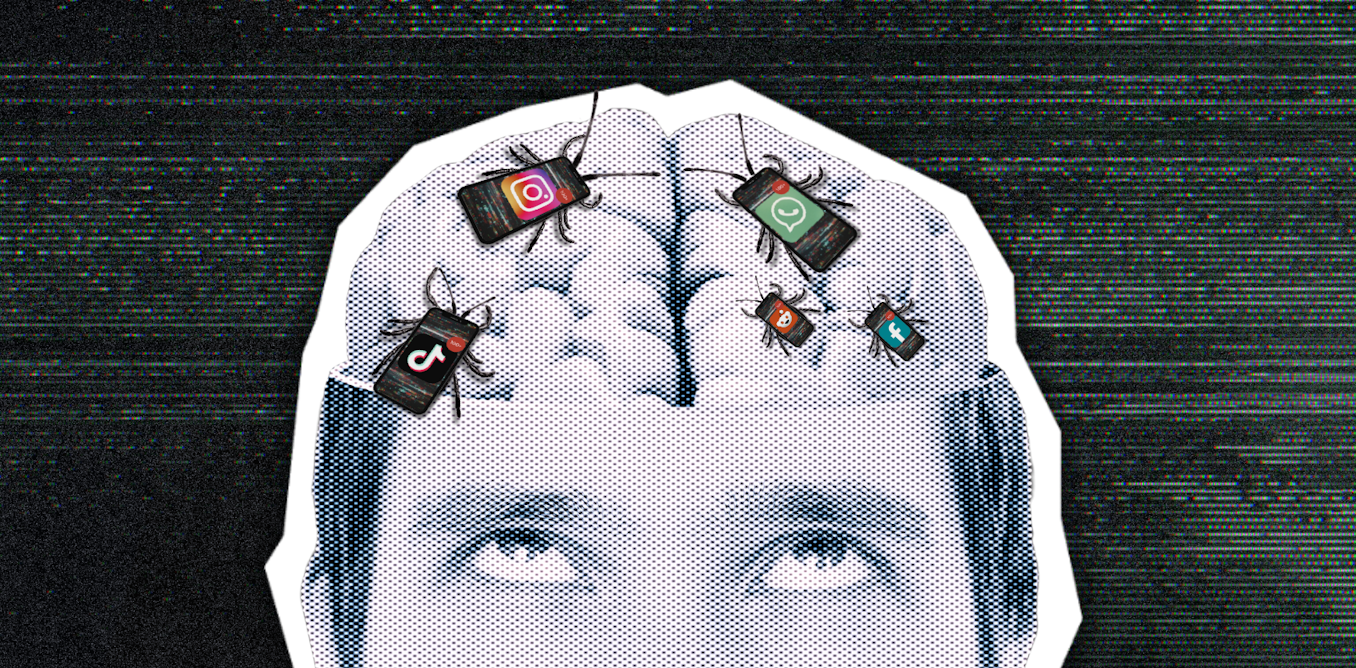Now Reading: Your smartphone is a parasite, according to evolution
-
01
Your smartphone is a parasite, according to evolution
Your smartphone is a parasite, according to evolution

Throughout the course of human evolution, head lice, fleas, and tapeworms have been familiar companions. However, the most significant modern-day parasite is not a blood-sucking invertebrate. It is the sleek, glass-fronted, and addictively designed smartphone, which has every person with a wifi signal as its host. These devices, rather than being benign tools, exploit our time, attention, and personal information for the benefit of technology companies and advertisers.
In a recent article published in the Australasian Journal of Philosophy, the argument is made that smartphones present unique societal risks, particularly when viewed through the concept of parasitism. Parasites, as defined by evolutionary biologists, are species that benefit from a close relationship with another species (the host) while imposing a cost on the host.
Initially, smartphones brought significant changes to our lives, offering convenience in tasks like navigating cities and managing health conditions. However, many individuals find themselves enslaved to their phones, constantly scrolling and unable to disconnect fully. This dependence has resulted in consequences such as sleep deprivation, weakened offline relationships, and mood disorders.
The human-smartphone relationship, which started as a mutualistic one, has now transitioned into a parasitic dynamic. Popular apps on smartphones serve the interests of app developers and advertisers more than those of users. By exploiting user data and behavior, these apps aim to maximize engagement and advertising clicks.
Viewing the relationship between users and smartphones through the lens of hosts and parasites, it becomes evident that users often serve the interests of their devices. To address this imbalance, similar to how reef fish police cleaner wrasse cheating at cleaning stations, there is a need for mechanisms to detect and respond to exploitation by smartphones. However, detecting and combating this exploitation poses challenges due to the deep integration of smartphones into daily life tasks and reliance on them for various functions.
To shift the parasitic relationship with smartphones back towards a mutualistic one, individual efforts may not suffice. Collective actions, such as government regulations on addictive app features and data privacy, are necessary to rebalance the relationship and limit the exploitative practices of technology companies.






